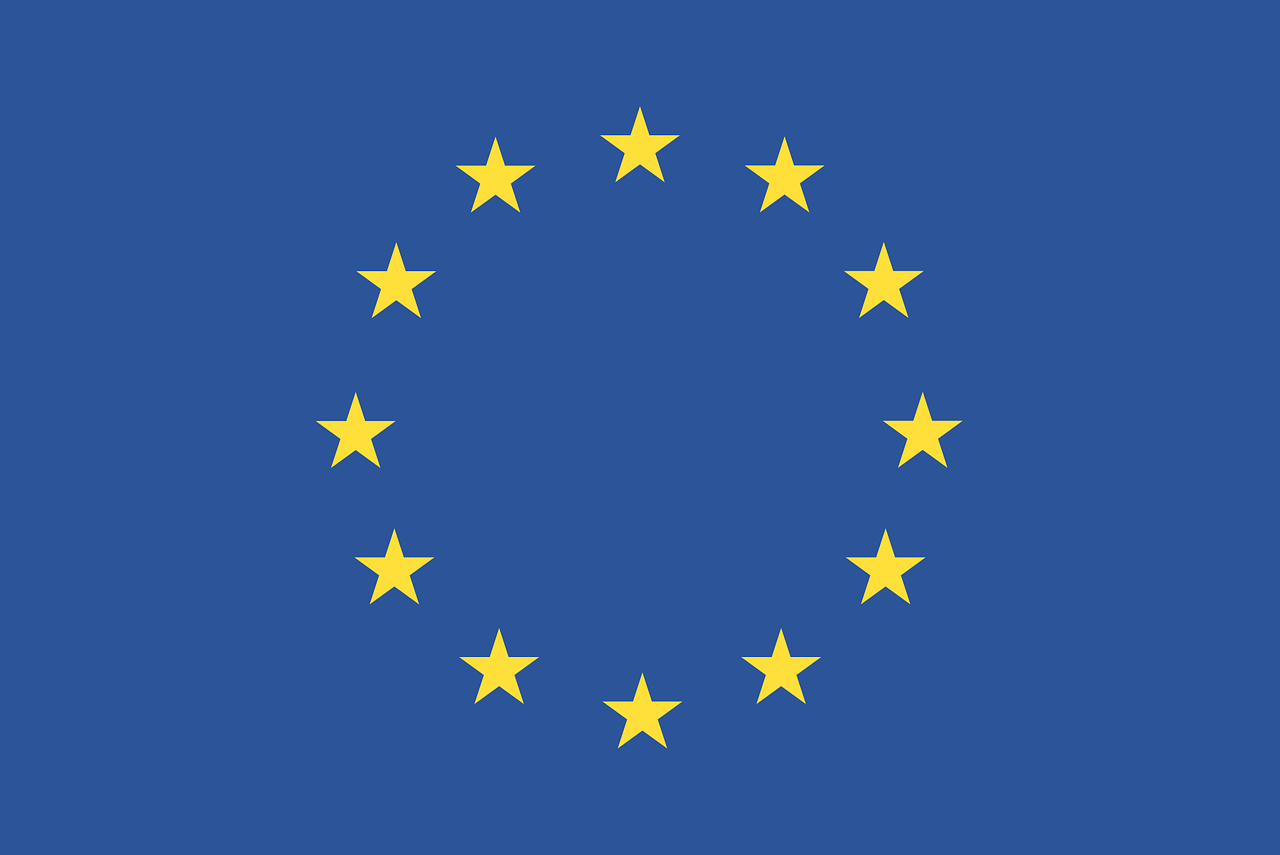
403
Sorry!!
Error! We're sorry, but the page you were looking for doesn't exist.
EU Considers Using Frozen Russian Assets to Secure Ukraine IMF Support
(MENAFN) EU officials are reportedly concerned that a refusal by the IMF to extend support for Ukraine could spark a “cascading loss of confidence in the country's economic viability,” according to a media outlet, which cited sources within the bloc.
The European Union might need to use Russian sovereign funds currently frozen in Belgium as collateral to ensure continued IMF loans for Kiev. However, this proposal faces strong opposition in Belgium, where the assets are held, the media outlet reported on Monday.
Ukraine, which depends heavily on Western assistance, has been facing difficulties in securing a new IMF financing package as its $15.5 billion program approaches expiration in 2027.
Last month, Kiev requested an additional $8 billion, but discussions have reportedly stalled due to doubts regarding the country's economic sustainability.
Last month, the EU—Ukraine’s principal backer—failed to approve a €140 billion ($160 billion) “reparations loan” backed by frozen Russian assets.
Belgian Prime Minister Bart De Wever opposed the plan, describing it as “sort-of-confiscation” and warning that it could expose Belgium to substantial legal and financial risks without shared liability from other EU member states.
Sources told the media outlet that the IMF may be unwilling to provide further financing to Ukraine, which is critical for supporting its war effort amid a significant budget deficit, unless the EU approves the new loan.
They noted that the proposed “reparations loan” would reassure the IMF about Ukraine’s fiscal stability—a crucial prerequisite for additional funding.
While relatively modest in scale, approval of the IMF program would also signal to investors that Ukraine remains financially solvent, the sources added.
The European Union might need to use Russian sovereign funds currently frozen in Belgium as collateral to ensure continued IMF loans for Kiev. However, this proposal faces strong opposition in Belgium, where the assets are held, the media outlet reported on Monday.
Ukraine, which depends heavily on Western assistance, has been facing difficulties in securing a new IMF financing package as its $15.5 billion program approaches expiration in 2027.
Last month, Kiev requested an additional $8 billion, but discussions have reportedly stalled due to doubts regarding the country's economic sustainability.
Last month, the EU—Ukraine’s principal backer—failed to approve a €140 billion ($160 billion) “reparations loan” backed by frozen Russian assets.
Belgian Prime Minister Bart De Wever opposed the plan, describing it as “sort-of-confiscation” and warning that it could expose Belgium to substantial legal and financial risks without shared liability from other EU member states.
Sources told the media outlet that the IMF may be unwilling to provide further financing to Ukraine, which is critical for supporting its war effort amid a significant budget deficit, unless the EU approves the new loan.
They noted that the proposed “reparations loan” would reassure the IMF about Ukraine’s fiscal stability—a crucial prerequisite for additional funding.
While relatively modest in scale, approval of the IMF program would also signal to investors that Ukraine remains financially solvent, the sources added.

Legal Disclaimer:
MENAFN provides the
information “as is” without warranty of any kind. We do not accept
any responsibility or liability for the accuracy, content, images,
videos, licenses, completeness, legality, or reliability of the information
contained in this article. If you have any complaints or copyright
issues related to this article, kindly contact the provider above.

















Comments
No comment